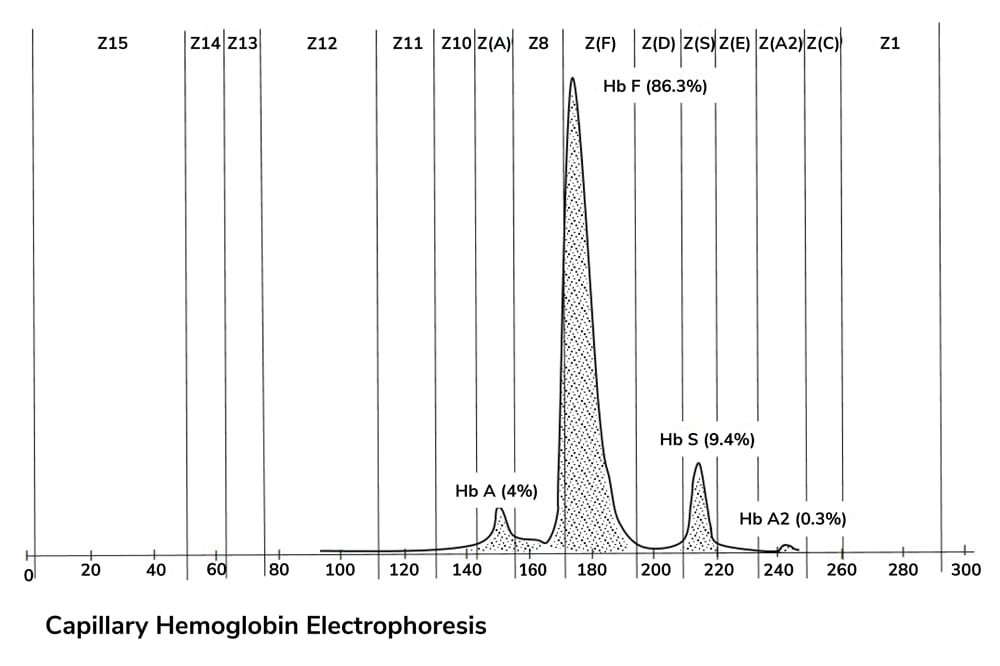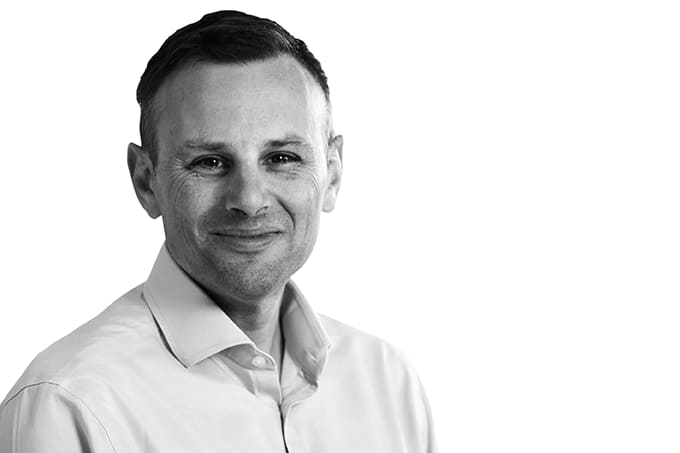Kamran M. Mirza
Associate Professor and Vice-Chair of Education, Department of Pathology and Laboratory Medicine
Loyola University Chicago Stritch School of Medicine, Chicago, Illinois, USA
Tell us about your work as a hematopathologist…
Hematopathologists specialize in the pathologies and diagnosis of hematopoietic diseases, which are diseases that relate to the lymph nodes, the bone marrow, and the blood. Sometimes, we also look at cases that involve the spleen and thymus – from diseases related to red blood cells (such as anemia) to malignancies that are associated with the hematopoietic system, hematopathologists are responsible for making the diagnosis.
What makes your work so unique?
Our work is unique in the sense that we are responsible for putting together lots of pieces of the puzzle that is a patient’s hematopoietic system. Not only do we look at peripheral blood smears, but also at bone marrow biopsies that come in a variety of ways from aspirate smears to bone core biopsies. We also look at flow cytometry data and at data from the hematology lab. Our subspecialty is unique because it straddles anatomic pathology, clinical pathology, and molecular pathology. All of those come together to create a comprehensive final report.
Can you share your thoughts on education and outreach?
I think that being a pathologist and being an educator go hand in hand. I think that we are not only responsible for providing the correct diagnosis to the patient (and, through our reports, educating them about their disease), but also for serving as consultants to our patient-facing colleagues. Education is part of what I do as a hematopathologist; I think knowledge needs to be shared.
The backbone of medical school education is pathology. I think advocacy ties into that because I find that, often, it’s lost on medical students that pathology is really the foundation of their education. In general, over the last couple of decades, we’ve fallen into misconceptions about what pathologists do and who we are. I think that educating not only about what we do from day to day, but also what we represent, is important.
What was your path to pathology?
Like many medical students, I was not familiar with pathology at all. I am a foreign medical graduate – I graduated in Pakistan – and one of our pathologists had trained in the United States and moved back. I remember thinking, “Wow, this is an interesting thing that she trained in,” and then started thinking about blood more generally. Outside the United States, many people who deal with hematological disorders are actually internal medicine specialists, so I wasn’t even thinking about the pathologist as a person who takes care of the hematopoietic system. But I was fortunate that during my research time in and after medical school, I was able to shadow pathologists and explore the field. That really opened my eyes to the role of the pathologist. I completed my PhD after medical school and, even though my PhD was in lung and vascular biology, I worked a lot with pathologists and histologists. That solidified my keen interest in this career.
What’s your favorite part of your work?
It’s twofold. The first is demystifying disease for patients. I think that many diagnoses are considered “boring” or “mundane,” and, though I’m glad anytime a diagnosis is common and benign, I think that providing the right answer for our patients is number one no matter what their condition. A very close second is sharing that information with my trainees. I think that being able to go on this journey of discovering someone’s disease and giving them an answer is amazing – and, although doing it alone is cool, doing it with a group of trainees who are learning with you is even cooler.
And what’s the hardest part?
The hardest part of my work is the fact that, as a physician, I think about my patients often, but I don’t get to see them.
That doesn’t mean I don’t associate with them. I am familiar with their names, their ages, how they've presented; obviously, I’m intimately acquainted with them at the cellular level. But, because I think of all of my patients as human beings, not cells, the hardest part is rendering difficult or life-threatening diagnoses without the ability to give the patients treatment or see them through their journey. However, it’s very rewarding to know that I’ve given them the best possible diagnosis so that they can get on the path to recovery.
I think the hardest part is that, as physicians, we’re taught to see value in sitting with your patient, holding their hand or talking to them – and pathologists often don’t do that. We’re behind a curtain. It was hard for me to make myself very happy with the way I see my patients and to process the fact that what I’m doing behind the scenes is very important for their recovery.
Should pathologists have more patient contact?
I think the jury’s out on that. I think that patients are best served when they understand their disease fully. Usually our patient-facing colleagues answer their questions very well, but there are certain times when, if a patient were able to talk to a pathologist about their case, it would help arm them with the knowledge that they need to face their journey. So I think that, though not every diagnosis requires a pathologist consultation, there is space for pathologists to meet their patients to answer questions or to clarify diagnoses. This is in line with what I view as excellence in patient care.
What one key thing would you like to share about what you do?
One thing I would say to any aspiring medical laboratory scientist, laboratory professional, medical student, or pathologist is that diagnostics is an amazing world. We are constantly working together to figure things out for our patients. I highly recommend shadowing a pathologist or medical laboratory scientist or just spending time in the laboratory, because that time is not wasted. Even if you don’t want to become a laboratory professional, understanding what happens in the diagnostic laboratory will help you do a better job for your patients.




